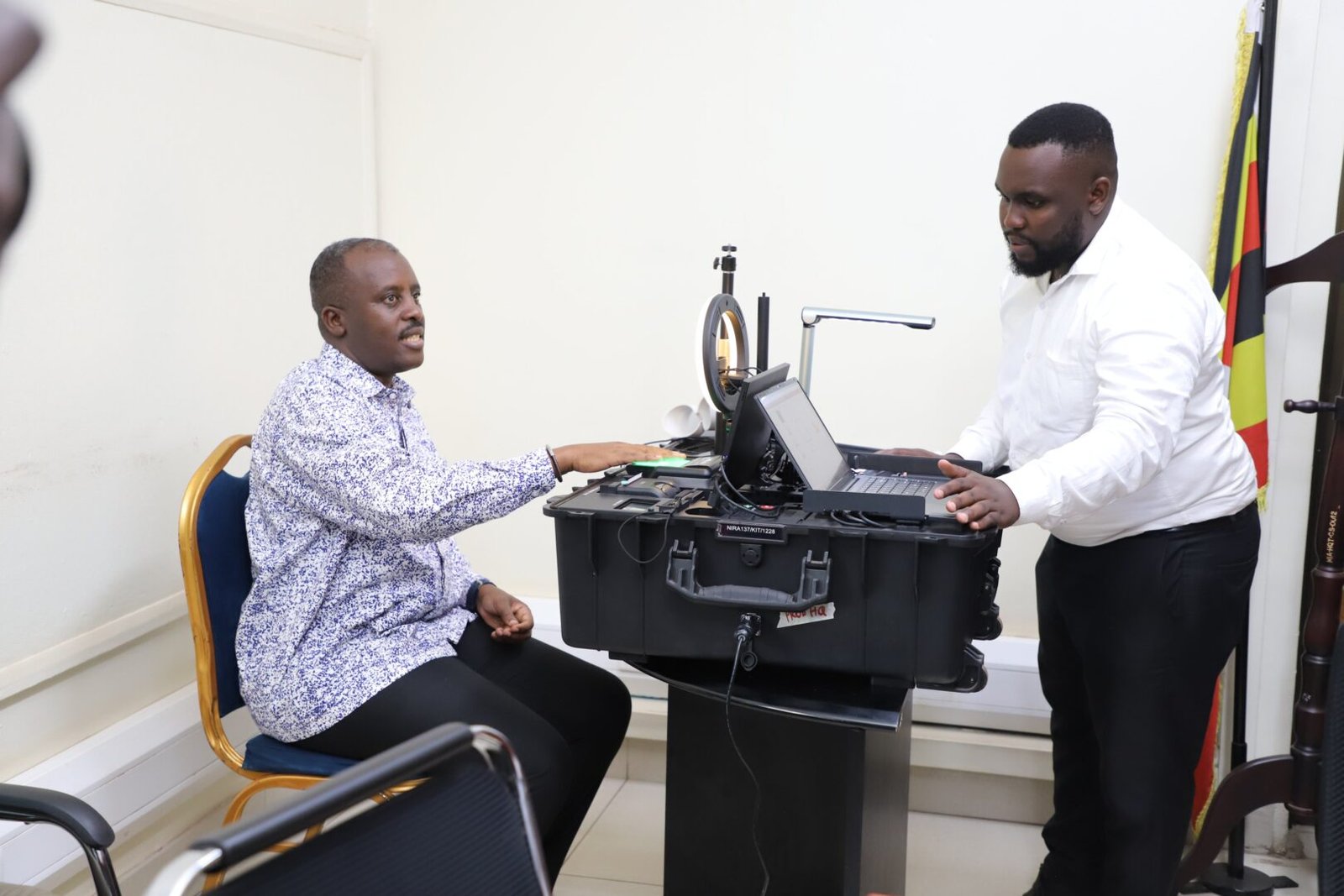KAMPALA, UGANDA — After a delay of over two years, the Ugandan government has announced the official commencement of the mass enrollment and renewal of National Identification (ID) cards, set to begin on May 27, 2025, across all 146 districts nationwide.
The announcement was made by the Minister of State for Internal Affairs, Gen David Muhoozi, during a launch event at the ministry headquarters in Kampala. Gen Muhoozi stated that this exercise follows a successful pilot phase, which began on May 2 and will conclude on May 26.
The initiative is being spearheaded by the National Identification and Registration Authority (NIRA), the government agency responsible for maintaining Uganda’s National Identification Register.
Gen Muhoozi affirmed that the pilot phase enabled the testing of systems, equipment, and procedures, and that the government is now prepared to initiate full-scale operations.
The program aims to reach over 33 million Ugandans, including 15.8 million individuals whose current IDs will expire by June 2025, and an additional 17.2 million citizens who are yet to be registered. The government’s goal is to finalize the process before August 12, 2025, which marks the end of the grace period for expired identification cards.
Muhoozi underscored the critical role of national identification in areas such as planning, security, and the delivery of public services. He urged all Ugandans to participate truthfully and promptly in the exercise.
This project follows significant technological investments, including a July 2024 contract between NIRA and UAE-based Tahaluf Al Emarat Technical Solutions, which supplied 5,665 biometric registration kits (delivered by January 2025) and two high-speed card production machines (installed in March 2025), each capable of producing 100,000 laser-engraved cards daily.
The system will also feature online pre-registration, which will launch concurrently with the nationwide rollout on May 27. From this date, registration teams will be deployed at every parish, operating on a rotating schedule coordinated with local government authorities.
Key services to be offered include free renewals of expired IDs and free new registrations for both children and adults. Changes or corrections to personal details will incur a fee of Shs 200,000, while the replacement of lost cards will cost Shs 50,000.
Also Read: Ugandans concerned over expired IDs as mass renewal begins in May
Applicants are required to provide appropriate documentation. For renewals, this includes the original or a copy of the expired ID, or a police letter in the case of lost cards. First-time applicants must present proof of parentage or ancestral origin, verified by local authorities.
Muhoozi cautioned against duplicate registration, advising individuals with existing National Identification Numbers (NINs) to utilize the change of particulars service instead of attempting to register again.
Initial processing times are anticipated to be up to four weeks but are expected to reduce to two weeks as the system becomes more stable.

